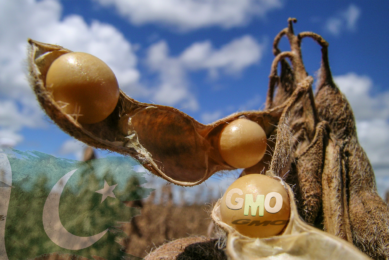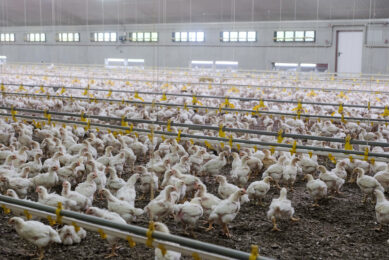Sustainability of Canadian eggs reviewed

Poultry given organic chicken feed can help to produce eggs with a smaller environmental footprint than those fed non-organic feeds that contain animal by-products.
This has been shown by the University of British Colombia in Canada. UBC’s Okanagan campus in Canada. Sciencedaily reports that ecological economist Nathan Pelletier applied a cradle-to-customer environmental life cycle assessment of Canadian egg and egg product supply chains, with the aim to identify opportunities for system efficiency and environmental improvements. His study showed that relatively few variables, most notably, feed composition, contributed to differences in carbon emission production and resource demand.
Pelletier’s findings showed that the type of feed and manure management system had the greatest influence on environmental impacts of all the variables examined. Organic layer and pullet feeds (which don’t include materials derived from livestock) have considerably lower resource demands and emissions compared to conventional feeds. Of the five feed formulations modelled, conventional pullet feeds were most impactful due to the amount and kinds of animal-derived inputs utilised in the feed.
This is the first national benchmark study of Canadian egg supply chains and Pelletier believes that it offers important insights for improving the sustainability profile of the industry. The next step is to build a web-based tool that will enable farmers to measure their farm-specific impacts, set goals, and to report and communicate their sustainability performance.
The study has been published in the Journal of Cleaner Production.











